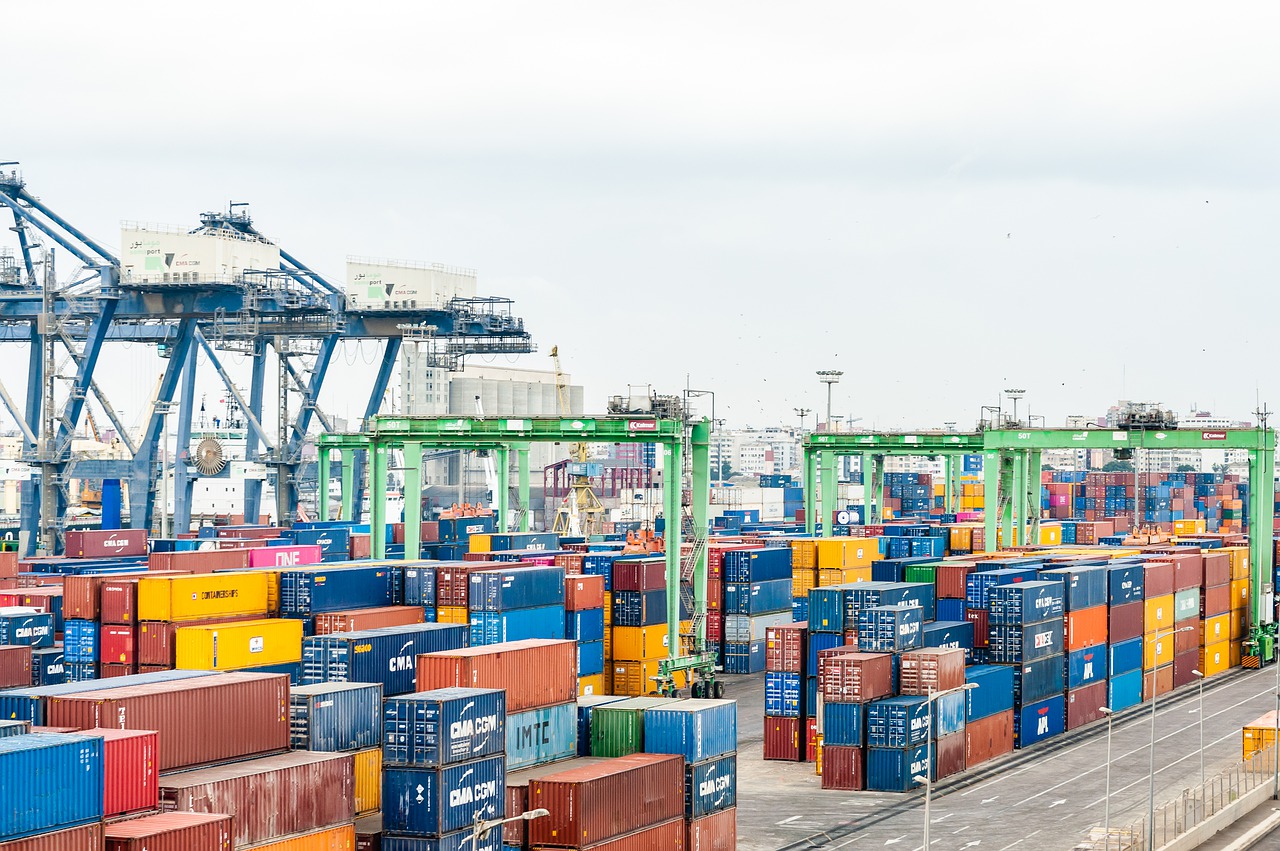
The Electronic Trade Documents Act receives Royal Assent
9 August 2023| CATEGORIES: Electronic documents, International trade, New legislation| TAGS: Containers, digitalisation, International trade
The Electronic Trade Documents Act 2023 received Royal Assent on 20 July 2023, and will come into force on 20 September 2023. The Act applies to trade documents such as bills of exchange, bills of lading, and ships’ delivery orders, and amends the law so that electronic trade documents are granted the same legal status as physical trade documents, which was not previously the case.
This change is intended to make trade more efficient through lower administration costs and processing times, and also to deliver environmental benefits and increase security.
Background
A new law allowing shipping containers to be traded using digital documents has been enacted after the Electronic Trade Documents Act received Royal Assent.
UK businesses have been calling for paperless trades for decades, especially as the development of electronic document technologies has become increasingly feasible for the industry.
With less chance of sensitive paper documents being lost, and stronger safeguards through the use of technology, digitalising trade documents should give businesses that trade internationally greater security.
Examples of documents that are commonly used in international trade and are covered by the Act include:
- a bill of exchange;
- a promissory note;
- a bill of lading;
- a ship’s delivery order;
- a warehouse receipt;
- a mate’s receipt;
- a marine insurance policy;
- a cargo insurance certificate.
The change is estimated to add over £1 billion to the British economy over the next decade by making trade more straightforward, efficient and sustainable.
Paul Scully, Minister for Tech and the Digital Economy said:
“The global container shipping industry generates billions of paper documents a year – and in reality there’s no need for the immense costs UK businesses have to face in producing them, and the detrimental environmental impact that this has.
What may look to many of us as a small change to the law is something that will have a massive impact on the way UK firms trade, and in turn, is going to boost our economy by over £1 billion over the next decade.”
Existing laws dating back to the 1800s previously meant that exporters and importers have to use paper documents to transfer ownership of the goods they are shipping – creating a costly, inefficient and outdated way of working. Under current law being the “holder” or having “possession” of a trade document has special significance. However, the law does not allow an electronic document to be possessed. As a result, nearly all documents used in international trade are still in paper form.
The new Act enables a trade document in electronic form to be used in the same way as its paper counterpart, provided that it meets certain criteria, including that it is susceptible to exclusive control, and is fully divested on transfer. A reliable system must be used to ensure that the criteria are satisfied. If a trade document in electronic form satisfies the requirements of the Act, it is an “electronic trade document” and is capable of being possessed. However, there is no guidance on what constitutes a “reliable system” which leaves a degree of uncertainty around the use of electronic bills.
Secretary General ICC, United Kingdom Chris Southworth said:
“The Electronic Trade Documents Act is a game changing piece of law not just for the UK but also for world trade. The Act will enable companies to finally remove all the paper and inefficiency that exists in trade today and ensure that future trade is far cheaper, faster, simpler and more sustainable. This presents a once in a generation opportunity to transform the trading system and help us drive much needed economic growth.”
The Act puts the UK ahead of the other G7 countries and most other countries in the world. The International Chamber of Commerce estimates 80% of trade documents around the world are based on English law.
